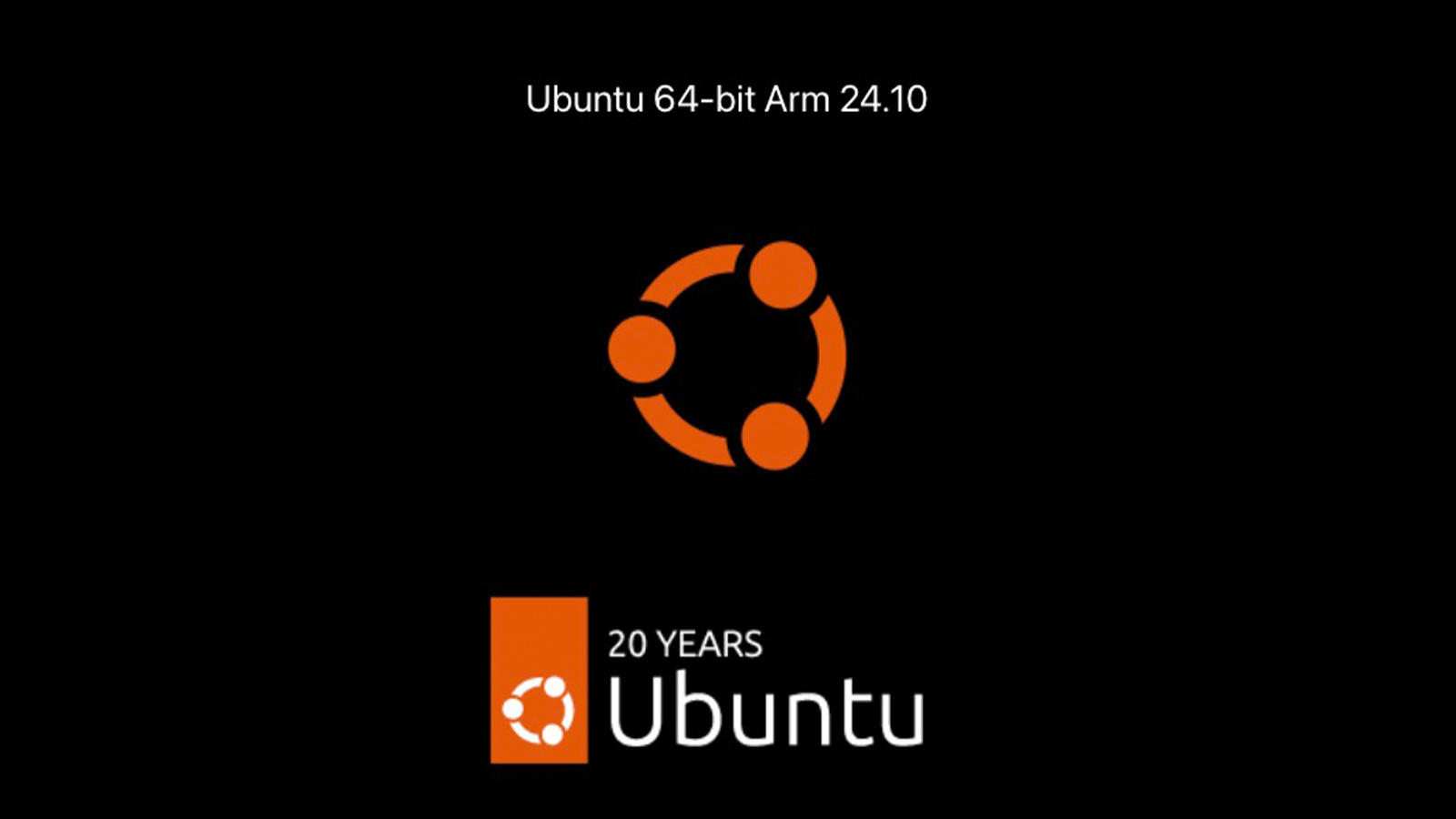
Ubuntu, one of the most popular Linux distributions, just released its latest version — Ubuntu 24.10 ‘Oracular Oriole.’ This is the second update for 2024, six months after Ubuntu 24.04 LTS ‘Noble Numbat’ and following Canonical’s usual release schedule. However, given that this is the first update following an LTS (or Long-Term Support) update, we expect several new features.
The most significant change, as OMG! Ubuntu notes that ARM64 devices now use GNOME Initial Setup, which offers a cleaner, slicker way of setting up the operating system after the first install. When I set up Ubuntu 24.10 in a virtual machine in my MacBook Air, it felt easier to install and use than my MacBook and Windows laptops. We also get updated dialog boxes that adjust based on the Windows aspect ratio, making it useful for portrait devices like smartphones and tablets.
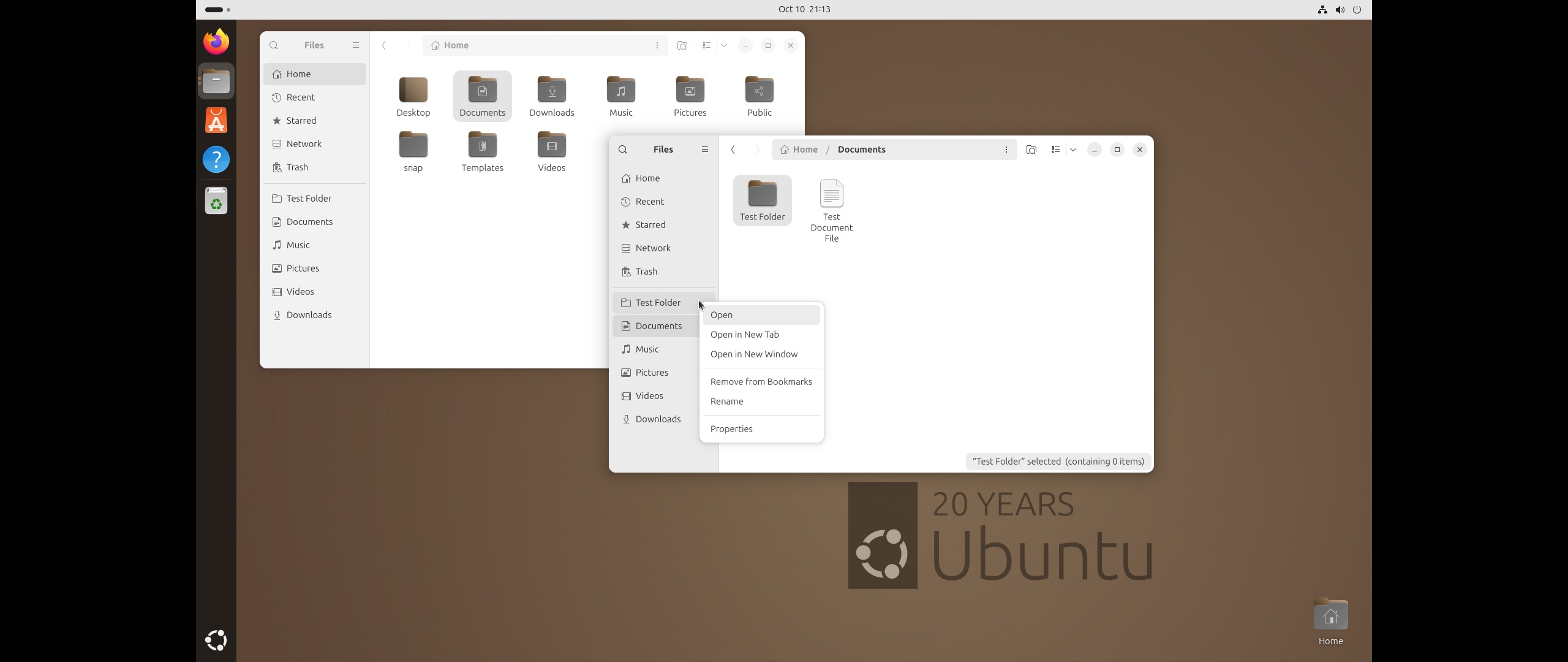
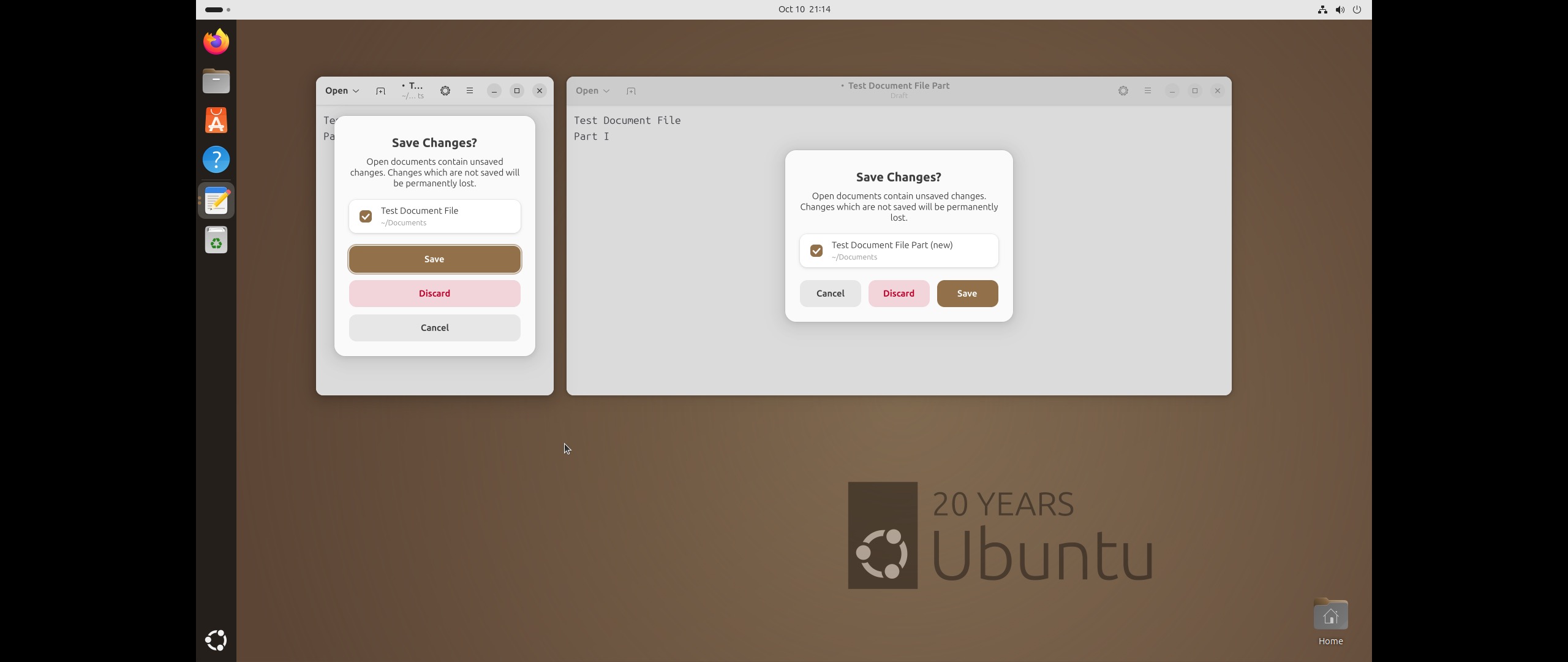
Several other quality-of-life updates in Ubuntu 24.10, like new File Manager features, make navigating your bookmarks and internal drives easier on the sidebar. Apps also now use the default File Manager when browsing your hard drive, providing a more seamless experience. And, if you run a search on non-indexed folders, you’ll find an info button that will explain why your search query is taking longer than usual.
Aside from the many functional and aesthetic changes, Ubuntu 24.10 also marks the 20th anniversary of the Ubuntu distribution, with the first Ubuntu 4.10 ‘Warty Warthog’ being released on October 20, 2004. Because of this, Ubuntu 24.10 offers a few touches for those who want to go down memory lane.

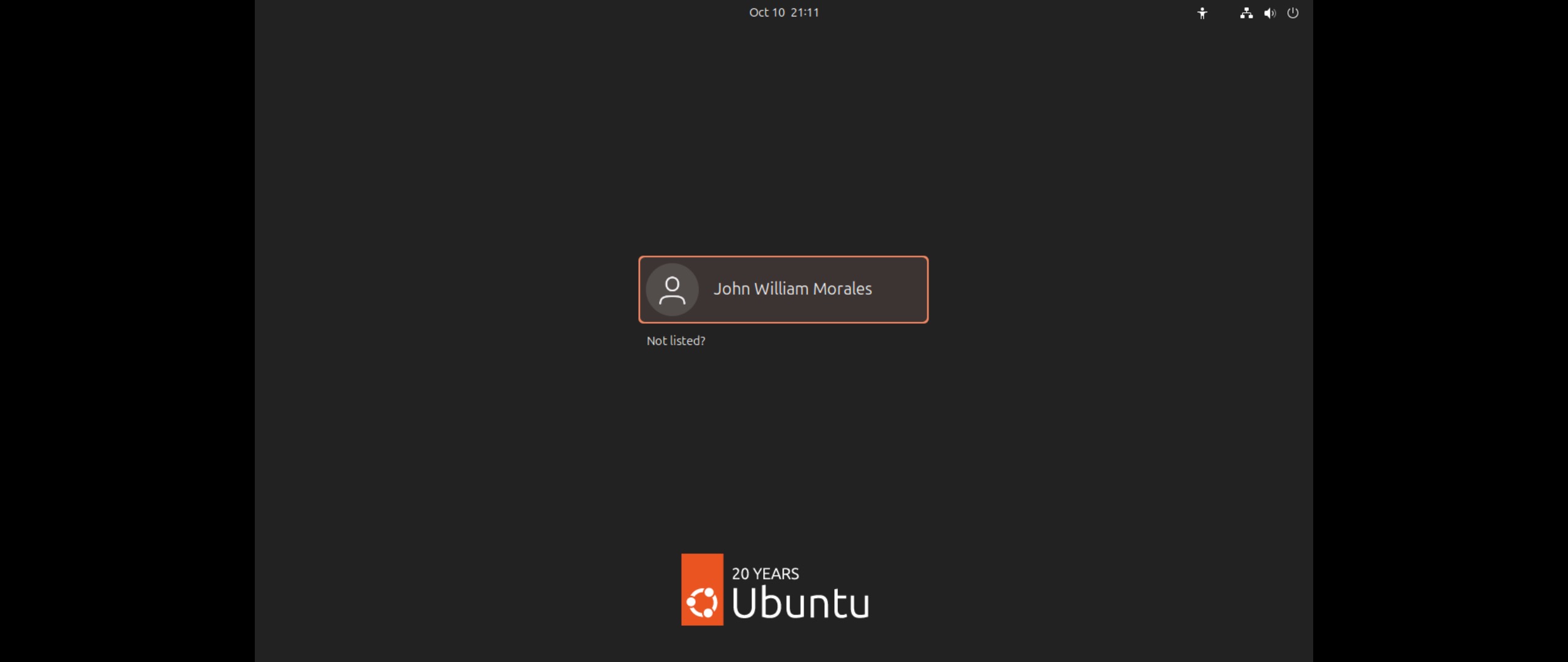
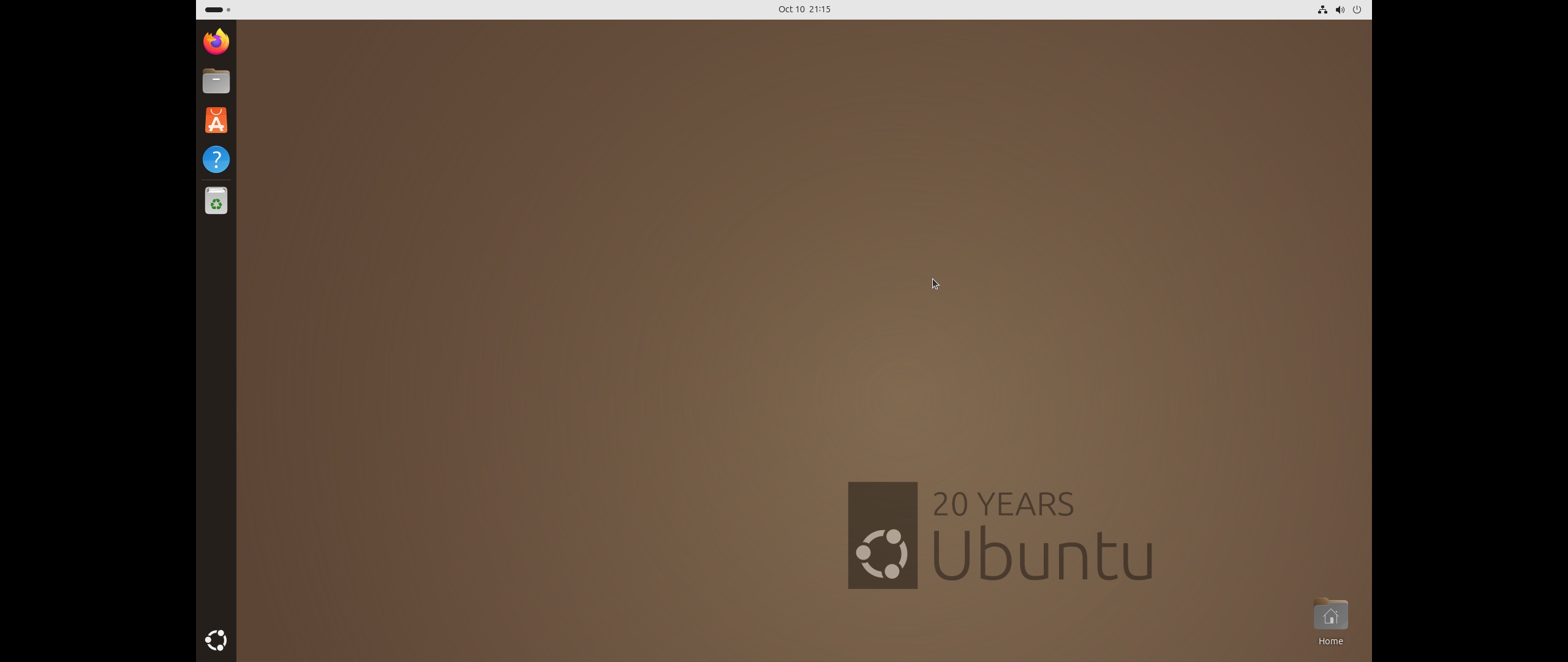
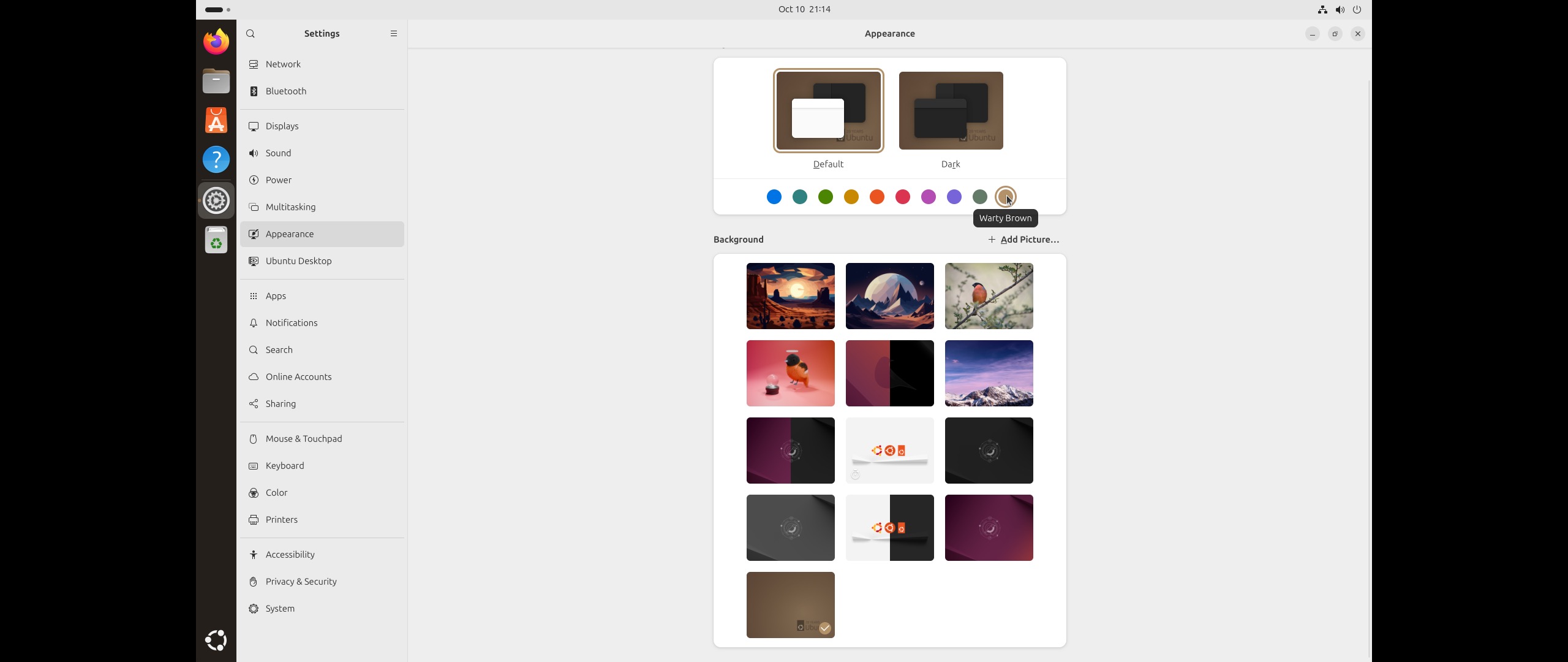
When the system boots up, you’ll see the 20 Years Ubuntu logo right at the bottom of the screen. You can also set the desktop background to the original Ubuntu 4.10 wallpaper, and a Warty Brown accent color is an available option if you want to complete the feel. To round out the experience, Ubuntu 24.10 uses the original startup sound from 4.10, which plays every time you log in.
Ubuntu has come a long way since it first came out in 2004, and each iteration makes it easier to use. This undoubtedly helps Linux increase its market share, with the operating system approaching 4.5% for the first time in August 2024. Although this is still minuscule compared to the massive share of Windows and macOS, its advances offer consumers a viable alternative versus the giants at Redmond and Cupertino, allowing them more control as they use their PCs daily.






